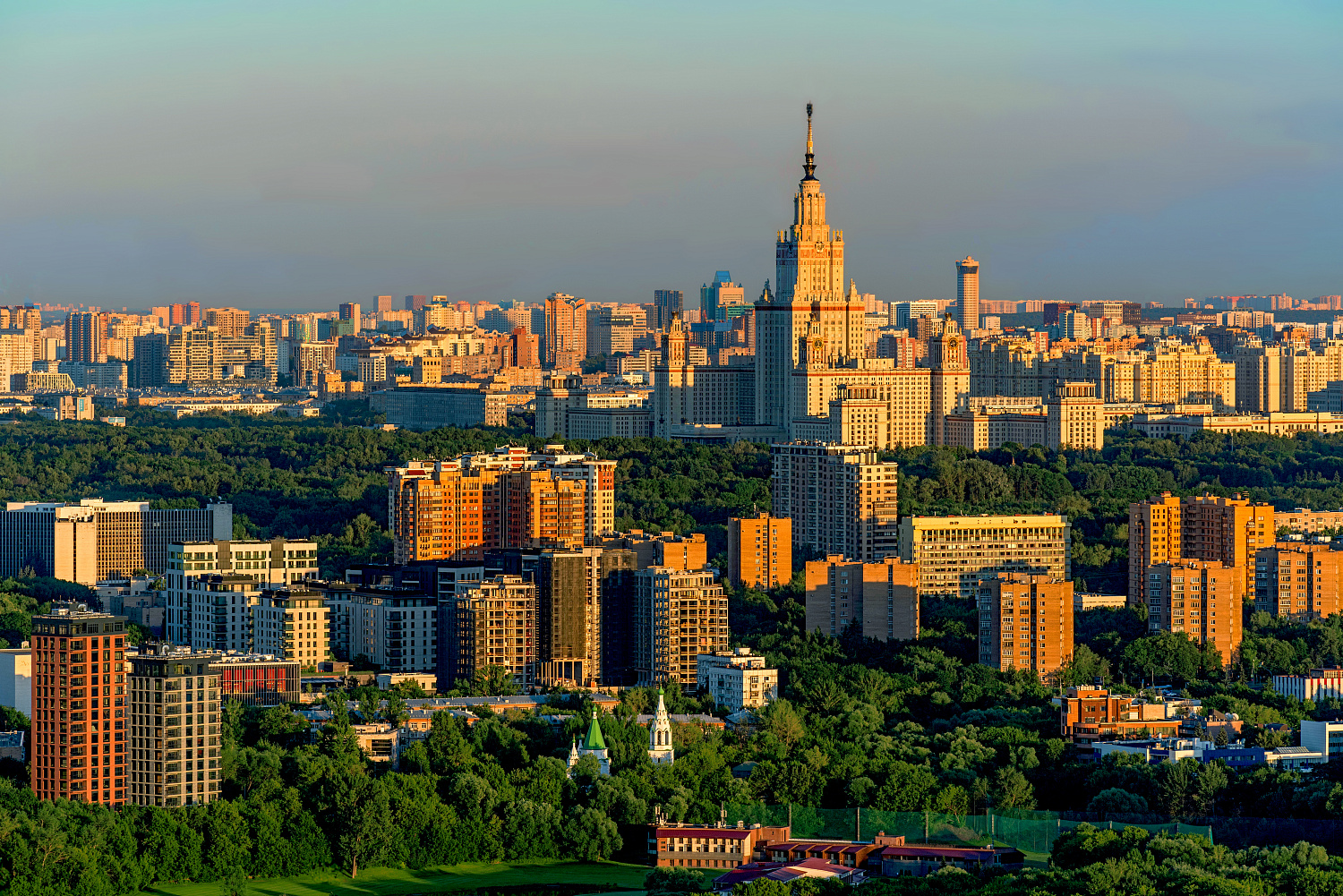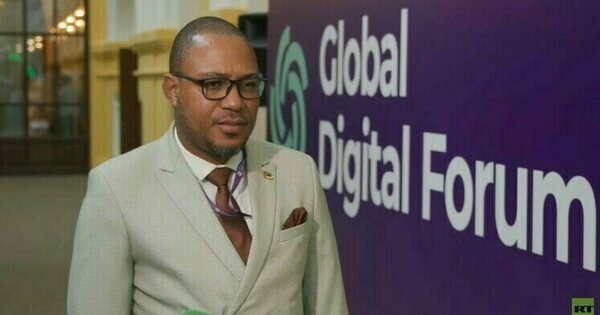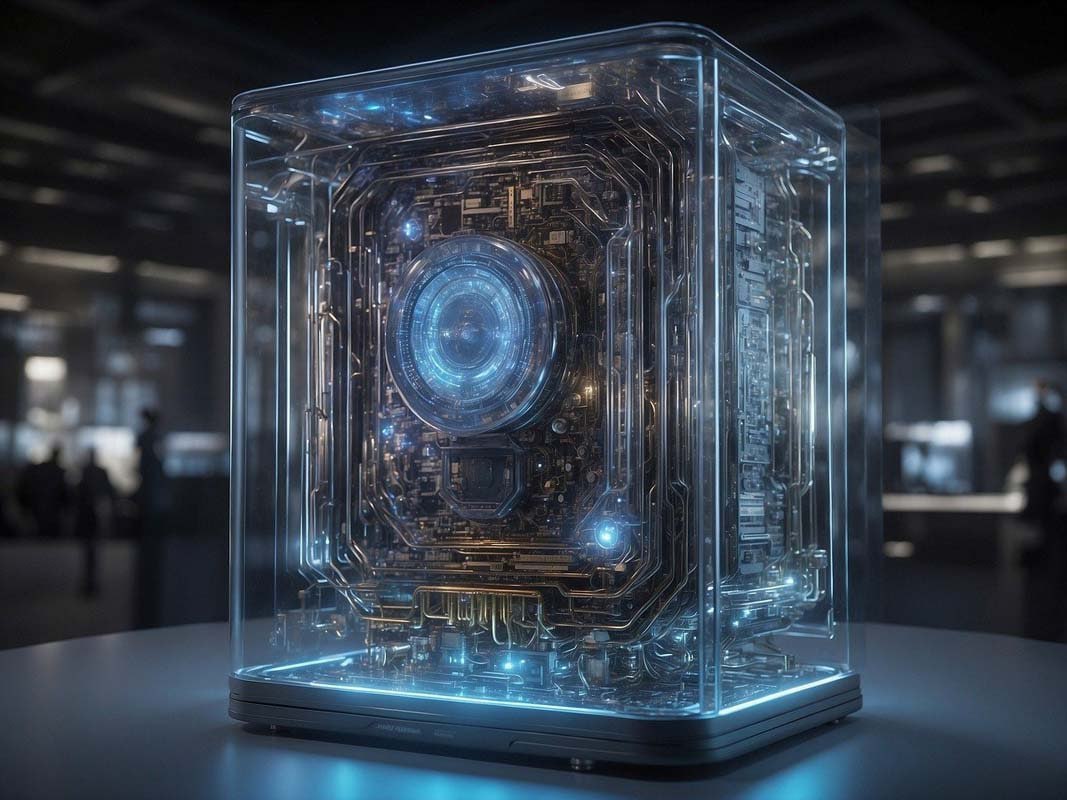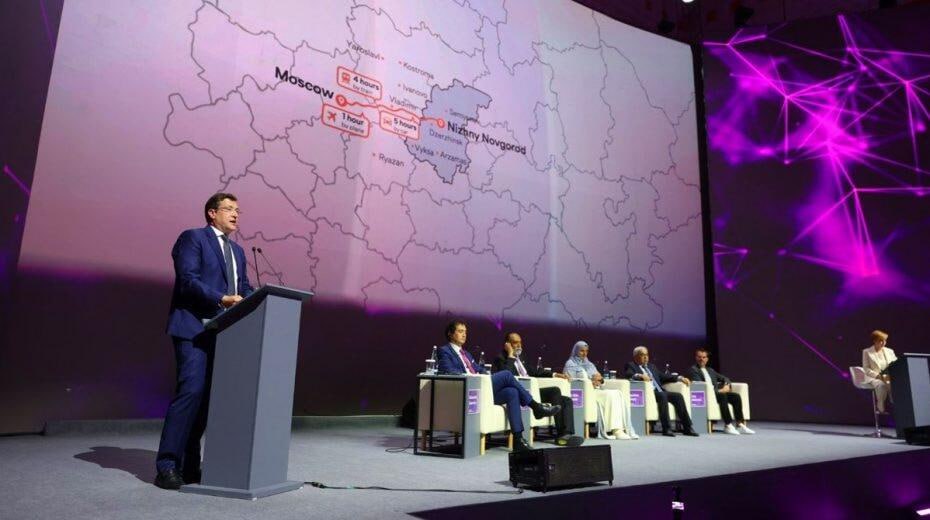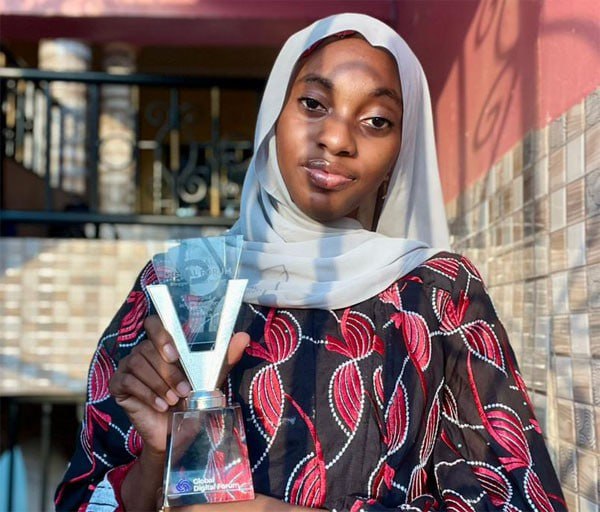Today, Moscow is one of the world’s largest cities. The Russian capital is home to over 13 million people (and more than 17 million in the metropolitan area), with more than three million cars on its roads daily and a total area exceeding 2,500 square kilometers. Managing a city of this scale effectively is only possible with the help of technologies.
For several decades now, Moscow has been systematically integrating technical solutions into all spheres of urban life. It has become one of the world’s most technologically advanced cities. However, its primary goal is not just to be high-tech, but to be truly smart — a city where the intelligent management system can employ the full potential of digital tools to improve the quality of life for every resident. Big data, artificial intelligence, blockchain, the Internet of Things, and digital twins are no longer ‘innovations’ in Moscow — they are everyday tools used in virtually every aspect of city life. And Moscow residents themselves are among the most intelligent, tech-savvy and demanding users in the world, who not only actively use a wide range of digital services but also motivate the city to continuously improve their quality and accessibility.
One of the tools used to assist in planning the capital’s development based on objective data and residents’ needs is a unique platform called the Moscow Digital Twin — a precise 3D model of the entire city, including buildings, facilities, infrastructure, and transportation systems, layered with over 6,000 datasets covering every key sector of the city’s operations. Today, almost all managing decisions related to urban planning, development, and safety are made using this platform. It is now being used as a ground to implement a fundamentally new model of urban governance — digital master planning. It allows to forecast Moscow’s growth and provide optimal and comprehensive solutions to engineering, transportation, and social needs.
Another major digital trend is the widespread adoption of artificial intelligence. Moscow is currently implementing around 100 AI-based projects at different stages of development, ranging from chatbots and voice assistants to advanced platforms and decision-making support systems. Each helps Moscow to become an even more comfortable city. In healthcare, for example, Moscow doctors have access to over 50 computer vision services that analyze radiological imaging and highlight possible pathologies, while the medical decision-making support system assists in initial diagnosing and treatment prescription. The city’s Intelligent Transport System helps manage the traffic and includes more than 1,000 smart intersections and over 3,800 photo and video surveillance units. Neural networks in the city’s surveillance system are capable of autonomously detecting over 40 types of courtyard and road maintenance issues — from overflowing trash containers to potholes and unremoved snow. On public hotline services, voice assistants now autonomously handle half of all incoming calls, providing residents with relevant and timely information.
At the same time, Moscow strives for balance between technology and human interaction, between digital tools and a high-quality physical environment. Technology in the capital is designed to assist — not replace — people. It helps to build modern homes, roads, schools, and hospitals; create world-class public spaces; care for the residents’ health and educate children; ensure safety and cleanliness in the city; and respond to issues in real time. Thanks to the digital tools, residents can now avoid paperwork, waiting in queues, or visiting government offices. Most everyday tasks can be completed online whenever convenient via the mos.ru portal, which offers over 450 digital services. The time saved allows Moscow residents to focus on what really matters for inhabitants of a modern metropolis: spending time with loved ones, exercising, engaging in cultural activities, growing their businesses, and more.
Today, Moscow is recognized not only as a national leader in digital transformation but also as a global one. Its significant level of digitalization is the result of over 30 years of consistent implementation of technology and holistic city governance transformation. The city actively shares its experiences both with Russian regions, many of which are already using the capital’s digital solutions, and international partners alike. In the past two years alone, Moscow has received over 50 delegations from Brazil, China, India, Saudi Arabia, the UAE and other countries. Its digital solutions have been showcased at numerous international industrial awards, and Moscow itself has earned top positions in global rankings.
The Global Digital Forum will become another important platform for exchanging experience among smart cities from around the world. On June 6, the ‘Staying Smart in Smart City: How Digital Technology Transforms Engagement between City and its Residents’ session will bring together experts to discuss what defines a Smart City, how digital tools reshape familiar areas of urban life, and what it takes for a Smart City to make all of its residents truly happy.
